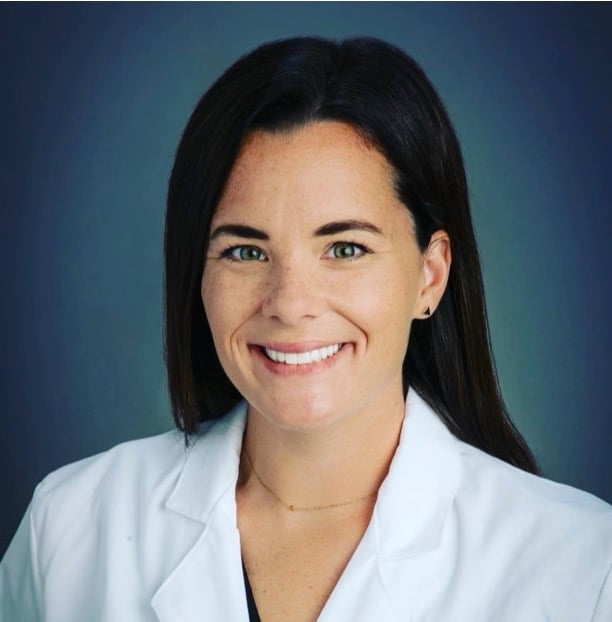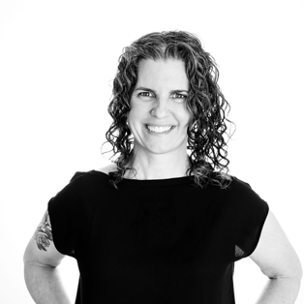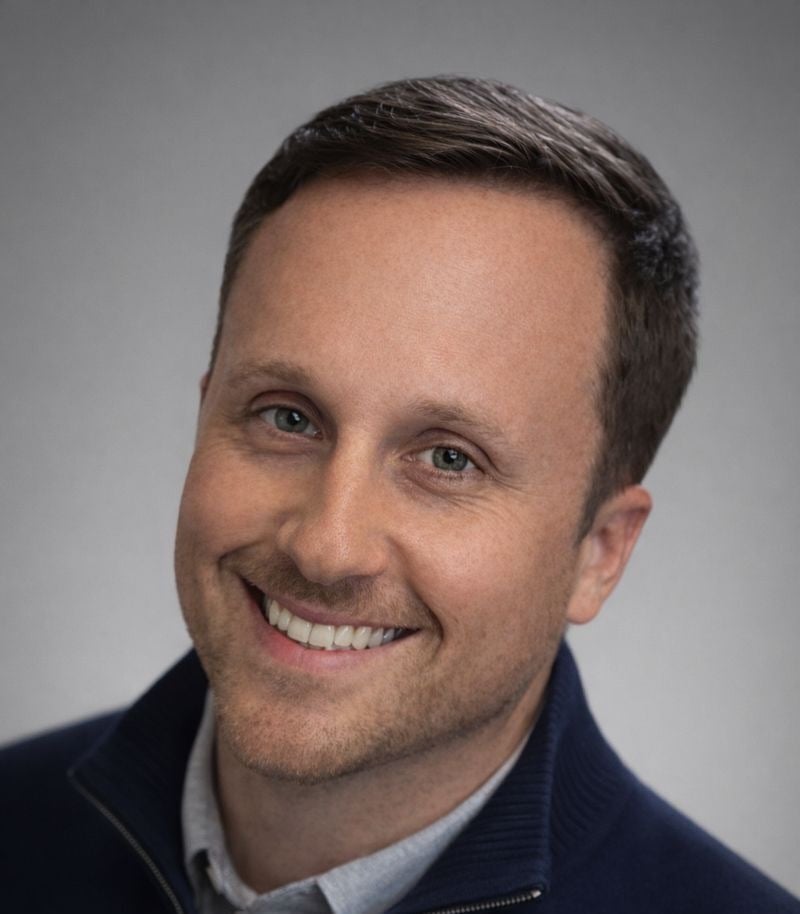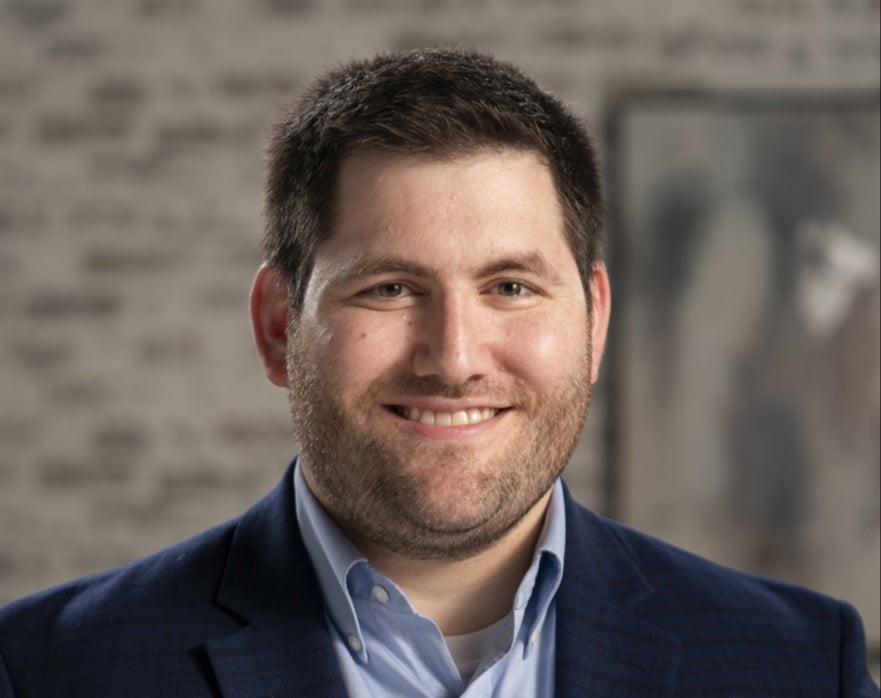A New-Years Resolution: Caring for Clinicians in 2024

As we usher in a new year, we find ourselves at the forefront of healthcare, continuously providing vital services and compassionate care to those in need. Amidst the challenges of the ever-evolving healthcare landscape, we must remember that we, too, deserve care and attention – not just for the sake of our well-being but also for the benefit of those we serve. According to an article published by the Journal of General Internal Medicine, nearly half of healthcare professionals are burned out. Burnout among healthcare providers has been shown to negatively impact patient safety, quality of care, and patient satisfaction. This new year presents a golden opportunity for us to prioritize self-care, fostering a healthier and more resilient healthcare workforce.
In the demanding world of healthcare, where long hours, emotional intensity, and heavy workloads are the norm, self-care and wellness can often be overlooked. However, taking care of oneself is not a luxury; it's a necessity that ensures we can continue to provide optimal care to our patients. Here are some strategies and self-care activities to consider in the new year:
-
Mindful Reflection and Goal Setting: Begin the year with a mindful reflection on personal and professional accomplishments, challenges, and growth. Identify areas of improvement and set realistic, achievable goals for the upcoming year. This not only provides a sense of purpose but also helps in maintaining a healthy work-life balance.
-
Establish Boundaries: We are known for our dedication and compassion, often going above and beyond for our patients. While this is admirable, it's essential to establish clear boundaries between work and personal life. Setting limits on working hours, avoiding excessive overtime, and taking time off work to rest are crucial steps in preventing burnout.
-
Regular Physical Activity: Incorporating regular exercise into a daily routine can have significant physical and mental health benefits. Whether it's a brisk walk, a yoga session, or a gym workout, physical activity helps relieve stress, improves mood, and boosts overall well-being. The American Heart Association recommends at least 150 minutes of moderate-intensity physical activity per week.
-
Prioritizing Nutrition: In the hustle and bustle of a clinician’s life, maintaining a balanced diet can often be neglected. Focus on nourishing your body with wholesome, nutritious foods, ensuring you have the energy and stamina to meet the demands of your profession. Healthy Plate recommends that half of your meal should be filled with vegetables- and no, fries don’t count sadly!
-
Say Yes to Things You Love: Clinicians should make a conscious effort to engage in activities they enjoy outside of work. Whether it's reading, painting, gardening, or any other hobby, investing time in personal interests provides a much-needed mental break and fosters a sense of fulfillment.
-
Social Connection: Building and maintaining strong social connections is a crucial aspect of self-care. Spending quality time with friends and family, sharing experiences, and seeking support when needed can help clinicians navigate the emotional challenges inherent in their profession.
-
Regular Health Check-ups: While we prioritize the health of our patients, it's essential to prioritize our health. Scheduling regular check-ups and screenings ensures early detection of potential health issues and promotes preventive care. Let this serve as your reminder: Call your primary care provider and get that annual visit scheduled!
As we enter a new year filled with challenges and opportunities, making self-care practices a priority is not just a resolution but a commitment to sustaining a healthy, resilient, and compassionate healthcare workforce. By taking proactive steps to care for our well-being, we empower ourselves to continue providing exceptional care to those who depend on us. As the saying goes, "You can't pour from an empty cup," and by prioritizing self-care, we can ensure our cups remain full, ready to make a positive impact on the health and well-being of our patients and ourselves in the coming year and beyond.
Practice-Changing Education
Experience education that goes beyond theory. Explore Hippo Education’s offerings below.






.png)



